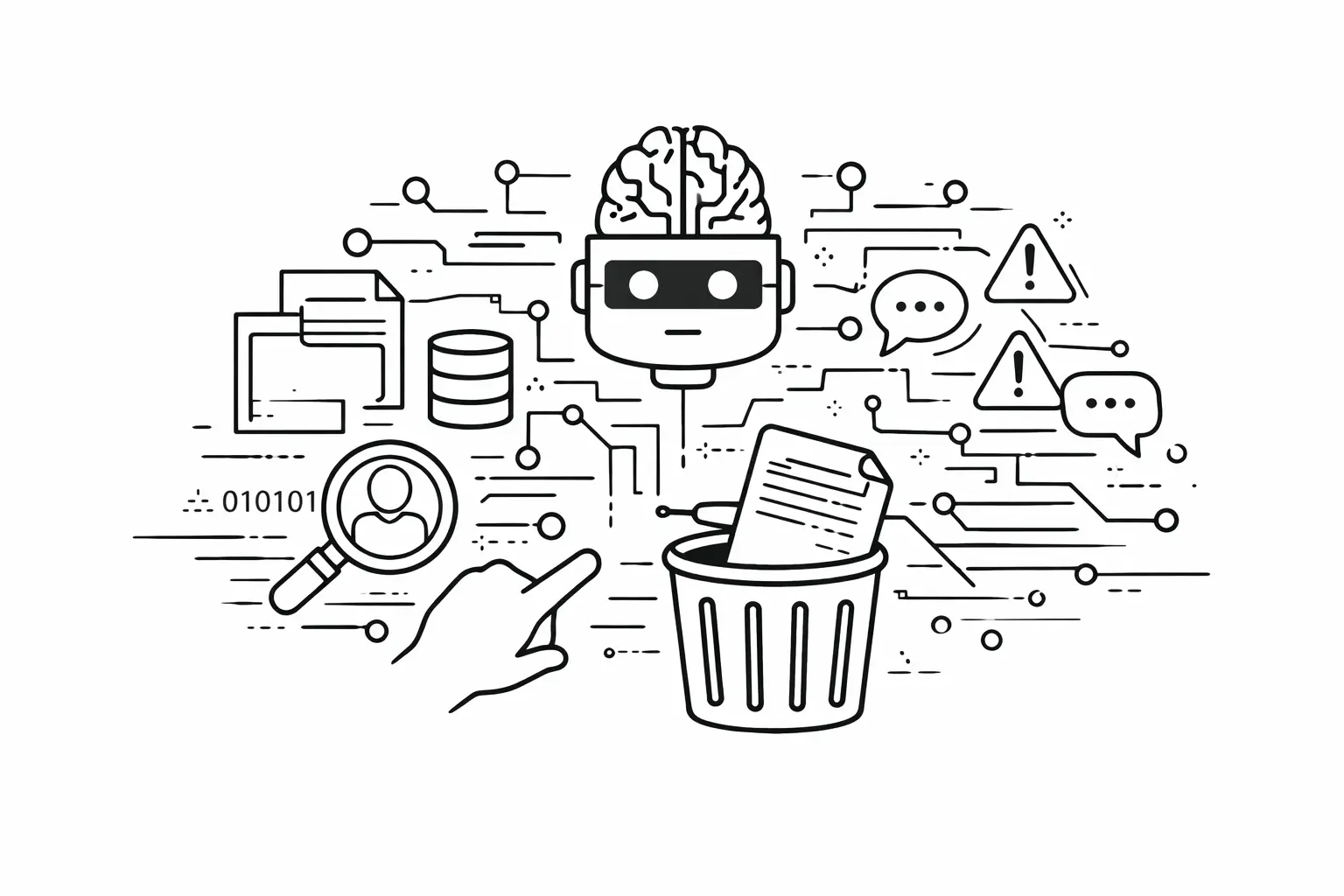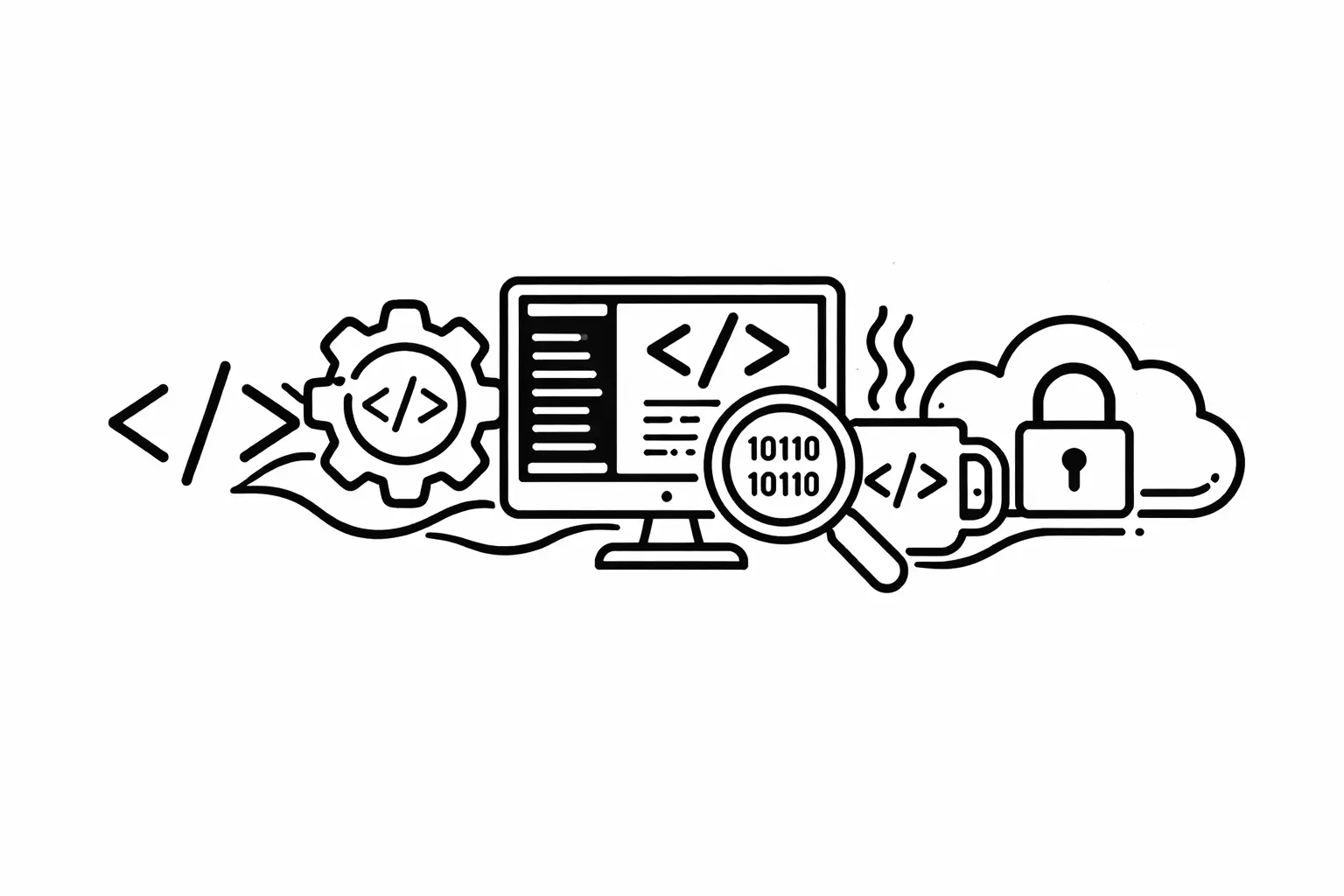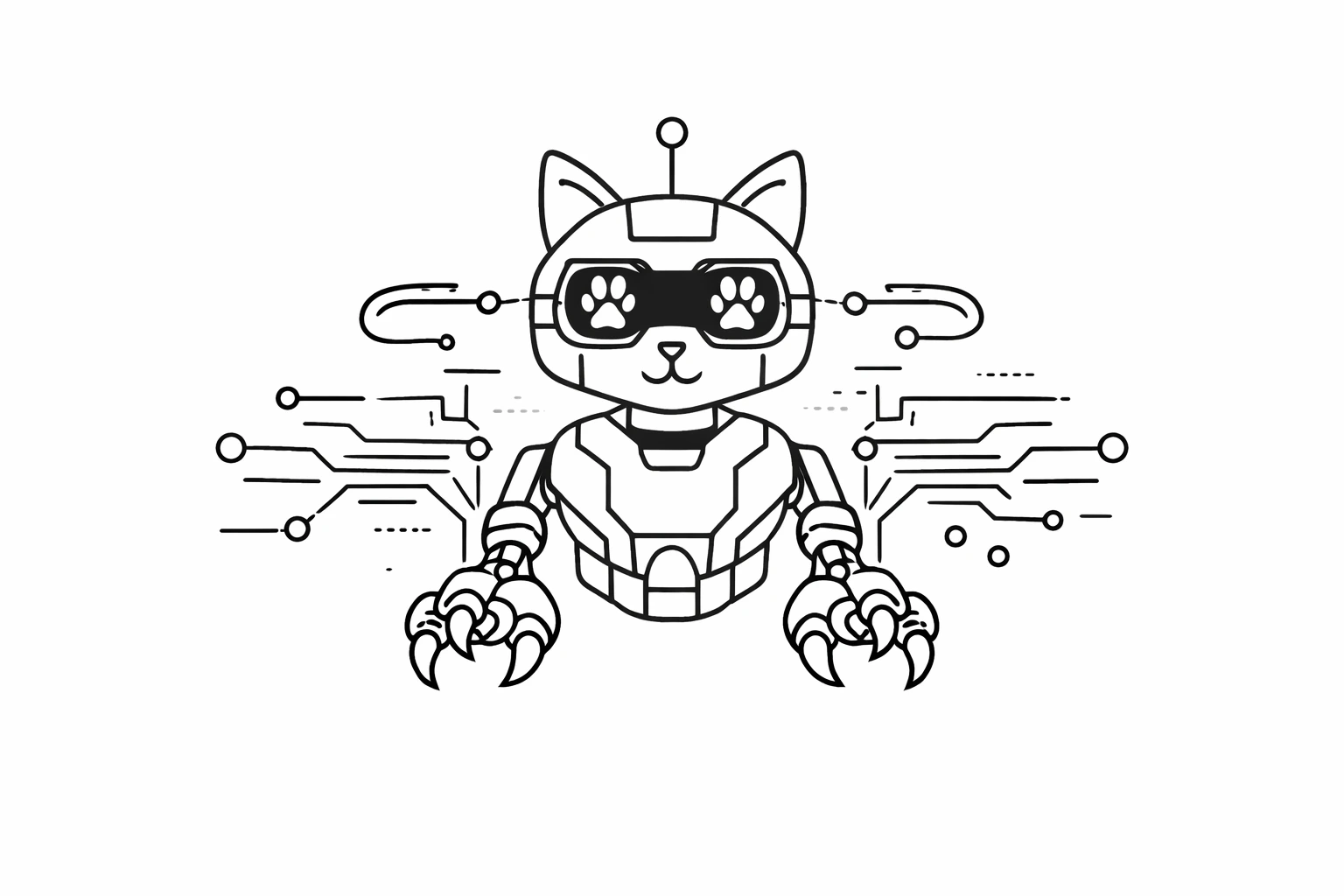The Future of Call Centers: Is AI Really Taking Over?

For a long time, call centers were considered to be cost-cutting areas, typically created to handle customer inquiries and issues using the phone.
While this classic approach to B2C relationships used to be helpful back in the day, the modern-day business world requires a far more advanced attitude toward clients. As of 2025, customers demand fast, personalized, and reliable communication, which utilizes different channels.
With that in mind, classic support departments are turning into experience hubs that greatly affect how patrons view a brand, shaping loyalty and building engagement.
In the following article, we will go through all the important tools, strategies, and models that are changing the way today’s call centers operate.
We shall also make a few predictions regarding what could occur down the road.
ALSO READ: ReAct Prompting Technique

The Evolution of Call Centers – A Quick Recap
Back in the day, call centers relied solely on phone calls to help people.
A client would call a number in the hope of getting quick solutions to their problems. However, as online communications started becoming more and more popular, this classic approach would just not suffice.
That is when support teams started using additional channels, such as email, live chat, and social media, all of which were added to the usual phone help, transforming call centers into complete help hubs with a wide range of methods to get in touch.
Right now, clients are expecting something more than just speedy and reliable fixes.
Based on a Salesforce report, some 88% of buyers claim that the experience guaranteed by a company is equally important as the products or services a business sells.
Keeping that in mind, businesses are now obligated to not just provide support, but also find out what the client's expectations are even before they ask.
And this is precisely where new technology advancements step in.
Technology as a Driving Force Behind Modern Call Centers
Literally, each day surprises us with new tech improvements, which change the way we live, work, and progress.
As far as call centers are concerned, we could divide these developments into three specific categories:
- Artificial Intelligence and Machine Learning: In some fields, AI has become more than just a trend, adhering to the modern work standards while relieving agents from some of the simplest and most repetitive tasks. AI tools include basic chatbots and voice recognition techniques that help sort out the initial requests. Improvements in ML are specifically helpful, as they provide support ahead of time, which means problems can be taken care of before they turn into something far greater.
- Cloud Computing: Cloud-based infrastructure completely reshaped today’s call centers, as this technology allows businesses to quickly grow, add teams from different places, and scale the activities along the way. All of that while cutting costs by spending less on equipment and locally based employment.
- Automation and Smart Tools: Besides using pre-programmed bots, automation in call centers can also include mechanically sending out tickets, making work easier, and connecting to customer management systems. Utilizing such tools has a great potential of lowering the amount of repetitive tasks, so that real human agents can focus on important conversations and solutions requiring more creativity.
With these three approaches combined, modern call centers can greatly improve the quality of their day-to-day labor.
However, equally important are the meticulous details behind the key technology that drives the change.
Among them, auto dialers stand out as one of the main reasons why companies should take the next step toward a more sophisticated customer support.
How Auto Dialers and Smart Outbound Communication Fuel Cloud Call Centers

What are these auto dialers we have mentioned?
Such systems are solutions that automatically make calls using a list of phone numbers, and once the conversation is established, they connect these calls to free agents or play pre-recorded messages.
Such technology can come in different types, using either preview or predictive dialers, while each one is carefully designed to assist agents in reaching different business goals.
One such solution is the MightyCall Dialer, which is set to make B2C operations more effective by getting rid of the need to dial each number by hand.
As a result, this approach significantly lowers the amount of time call center employees spend waiting idly.
Moreover, such techniques lead to improved rates of work that agents can do.
Companies using outbound calling strategies should rely on an auto dialer system, since it can handle a greater number of calls in a shorter time frame.
Automation allows agents to prioritize talking to customers instead of searching for numbers and dialing them on their own.
Furthermore, auto dialers provide fuel for overall productivity and positive work outcomes.
Businesses that depend on calling customers can reach out to their clients faster, while also allowing professionals to focus on actually talking instead of doing busy work behind the scenes.
The Future of Auto Dialers In Call Centers
In the years to come, we are bound to see how automated dialers will be used more widely among different kinds of companies.
This is the right direction to take, as such solutions can be seamlessly integrated with CRMs and also rely on the power of AI-powered analytic tools.
All of this translates to more personalization in terms of B2C relationships, allowing the extended use of real data and information to guide the conversation.
Imagine a dialing tool that does far more than just simply connect an agent to a customer, but also allows the employee to use real-time advice based on previous calls.
This is precisely how these technological solutions will harmonize augmented productivity with rule compliance, guaranteeing that the customer’s experience is improved, and not hurt.
Why the Human Factor Will Still Matter In the Future

Let us face it: AI is not going to take ALL our jobs anytime soon. That is the fact, even though the media claim otherwise, and it is all backed by science and analytics. Even when it comes to call centers, especially with a new bill that aims to protect jobs and clients from AI in the US. Yes, the human factor is back in the game, and here is why.
Clients are not artificial—they are very much real human beings. And humans require that one thing that no AI, no matter how advanced, can possess. It is called empathy. Sure, a chatbot could resolve a simple billing issue or share invoice details to help someone make payments. However, when it comes to frustrated customers, bots cannot truly empathize or handle more delicate inquiries that require critical and creative thinking.
The future of call centers is a vision of AI-based tools and human-centered expertise combined. Real agents step in and remain essential in working with complex and emotionally charged problems. Thus, instead of taking your job, AI creates new ones. Businesses that fail to adapt to this blended human-tech approach are more likely to fail miserably in the upcoming years, as other companies will simply overtake them in the key elements of client support.
Turning Simple Call Centers Into Experience Hubs
The future of call centers revolves around a lot more than just answering the phone from time to time.
Those days are long over. Modern-day customers require a complete experience when interacting with a company.
That is why businesses must change their approach and create a joined-up experience hub that combines phone, email, web chats, and social media into one unified system.
This way, clients do not have to repeat themselves when they switch their preferred contact method over time.
How is this possible? Through shared data, often stored using cloud computing systems.
This way, agents can easily access their clients’ history, checking out what they have already bought and if they have ever experienced any problems in the past.
As a result, agents possess the ability to easily fix things faster and give better advice.
There is also one key factor that is very likely to become the #1 goal for B2C relationships in the future: personalization.
A personalized approach already becomes vital: according to McKinsey’s reports, 71% of consumers expect businesses to provide personalized interactions, while 76% are frustrated when it does not happen.
Thus, emphasizing personalization in business and customer support services is no longer optional—on the contrary, it becomes obligatory.
Predictions for the Next Decade and a Summary
Old-fashioned call centers relying on traditional inbound calls are effectively becoming a thing of the past.
A simple proactive approach to fixing issue no longer suffices. It will also become less and less vital in the upcoming years.
As AI becomes more popular, consumers are opting for a more humane approach and will require even more personalized support in the future.
Sure, there are technologies that might become more essential, including machine learning capabilities, Augmented Reality (AR), and Virtual Reality (VR).
Even so, we are pretty convinced that the human factor cannot be entirely replaced by savvy tech improvements.
Summing up, the future of call centers does not belong to artificial intelligence.
The B2C relationships of tomorrow must comprehend a wider approach, blending the best of both worlds: with AI managing repetitive tasks, and humans ensuring understanding, ingenuity, and sound judgment. All of that in a hybrid operational framework, which leads companies to achieve a harmonious equilibrium between effectiveness and awareness.
Favorable results lie ahead for those who will be able to adapt to the ever-changing landscape of customer support.
























